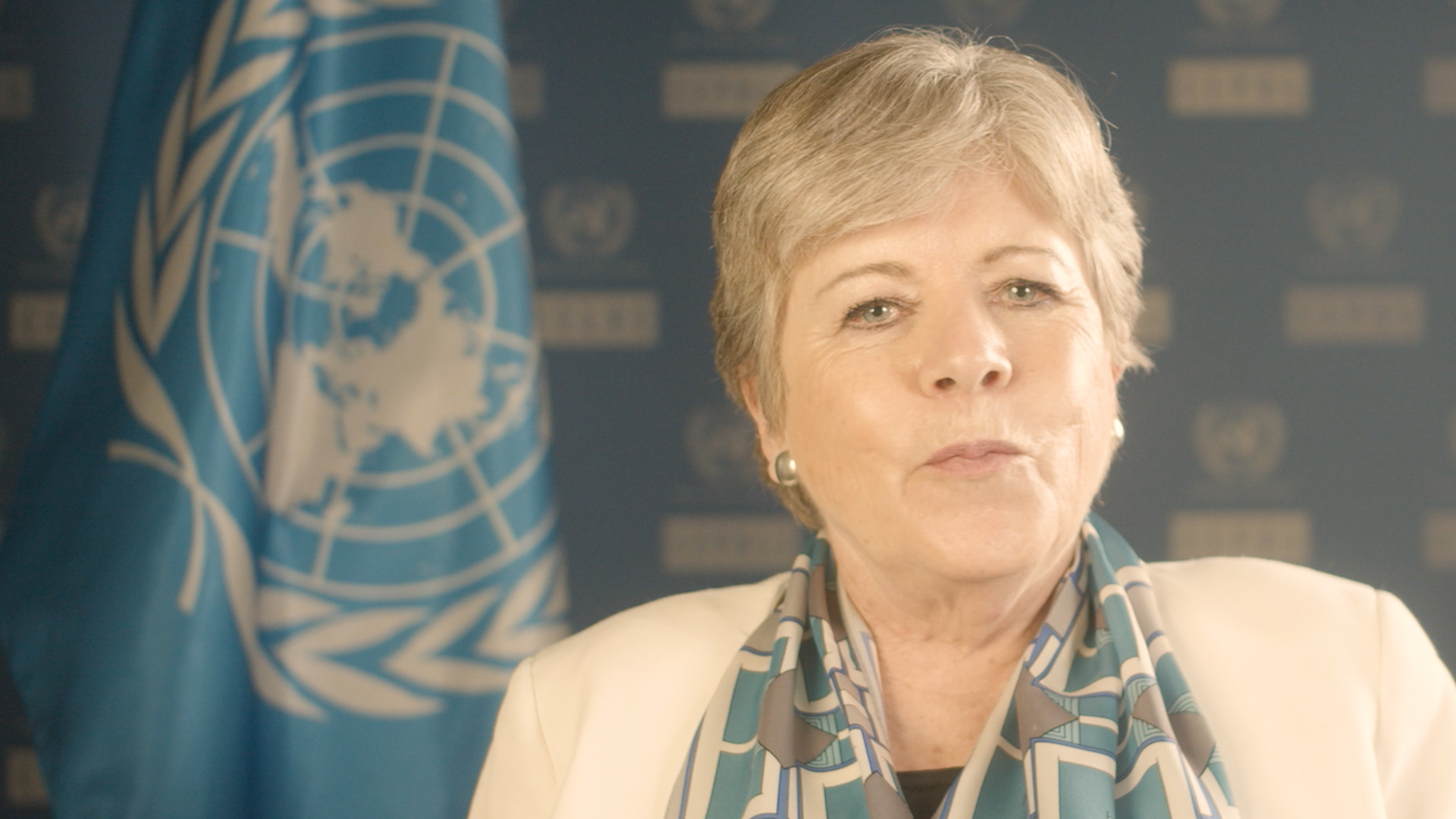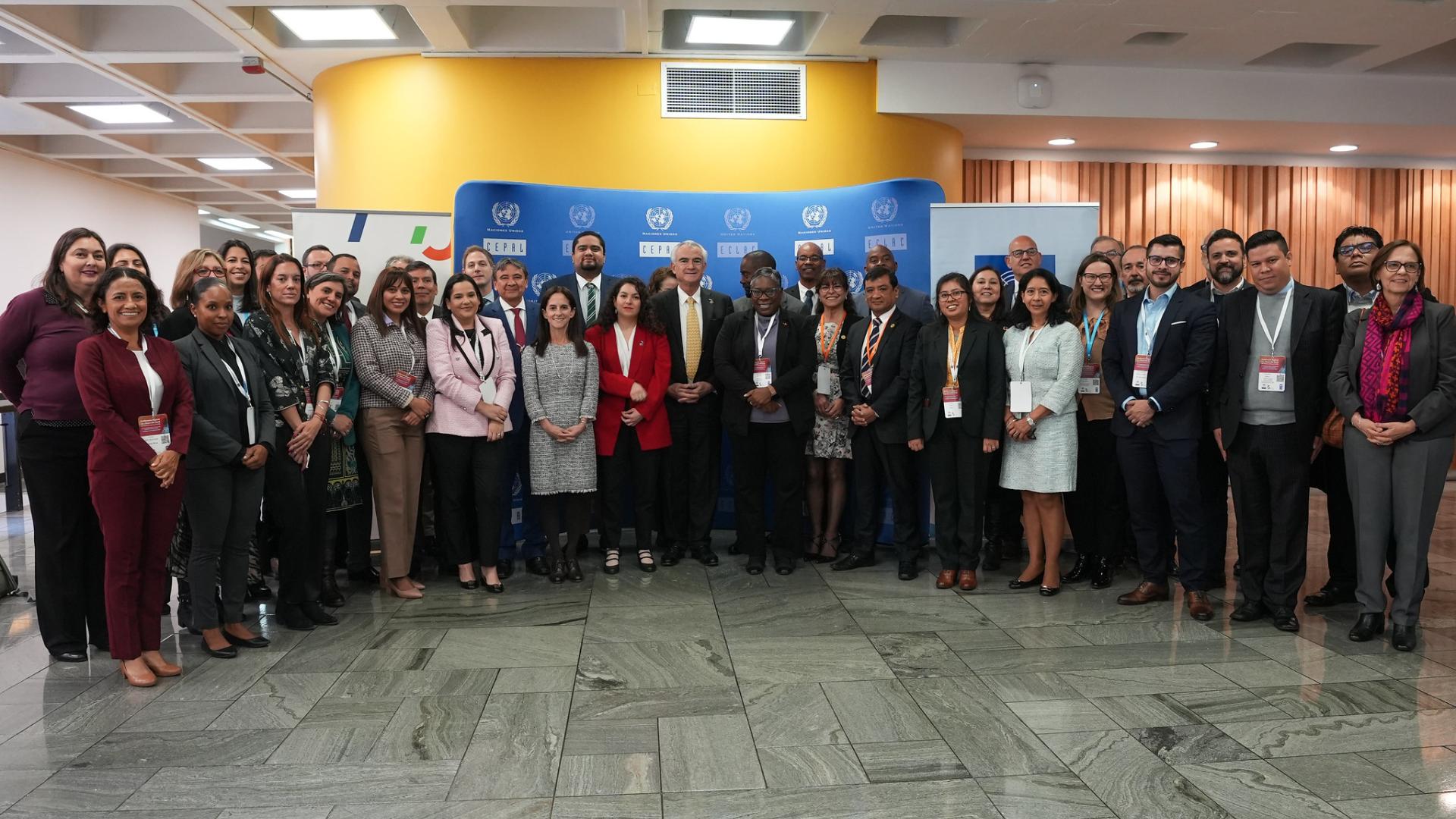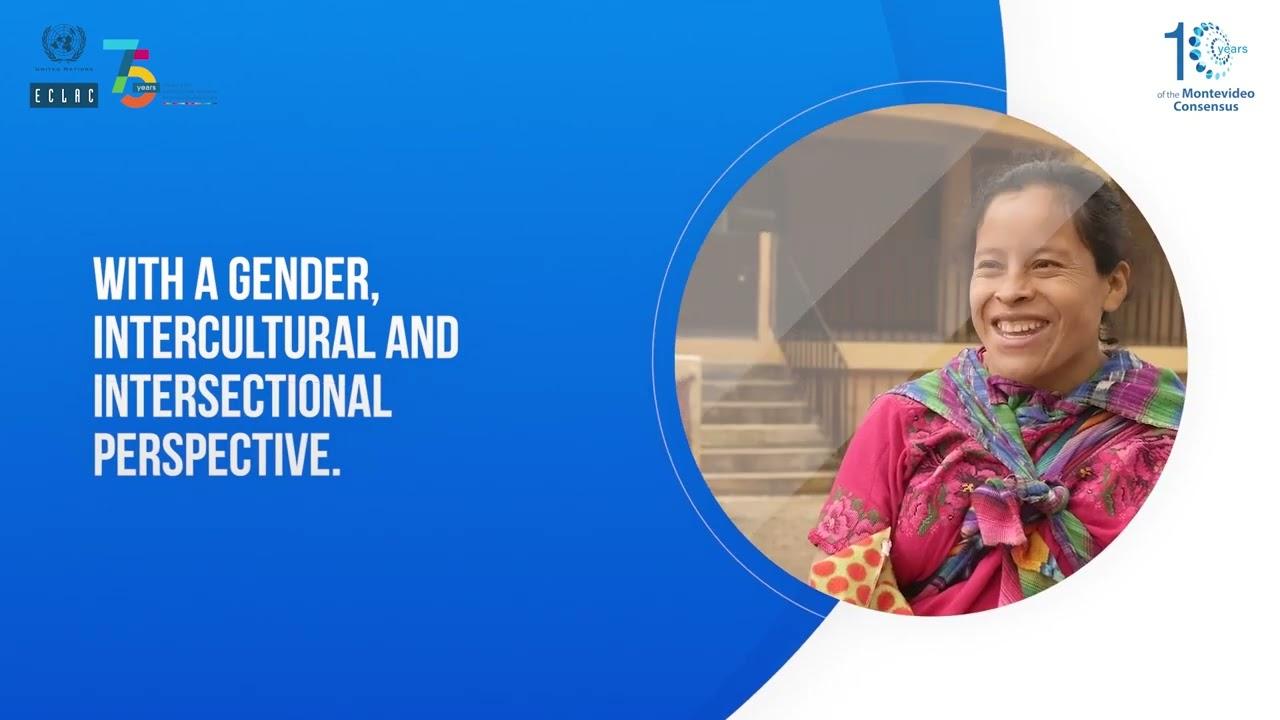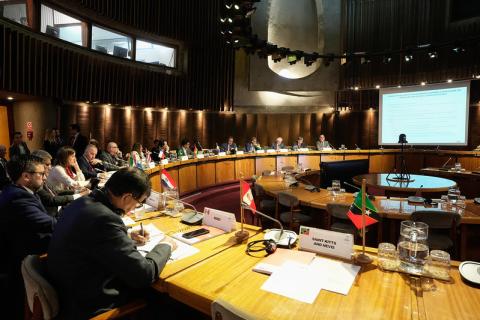Briefing note
The Executive Secretary of the Economic Commission for Latin America and the Caribbean (ECLAC), Alicia Bárcena, called today for strengthening public policies focused on cooperatives and on promoting other social economy organizations and for initiating actions so they can contribute more decisively to forging a new development model characterized by equality, sustainability, and political as well as economic democracy, during the twenty-second Regional Conference of Cooperatives of the Americas.
“In the difficult context the region is experiencing, cooperatives and other social and solidarity economy organizations play a very important role for a transformative recovery. Cooperatives generate employment and income, and they do so in the most vulnerable sectors of the population, with respect for the environment and with an emphasis on democracy, not just political democracy but also within companies,” Alicia Bárcena affirmed.
She added that cooperatives contribute decisively to decent jobs because in periods of crisis, such as the one we are living through now, these companies tend to cut income rather than jobs. “Meaning that they save in periods of bonanza in order to invest in periods of crisis, avoiding the mass firings that are seen in traditional companies,” she emphasized.
The senior United Nations official participated, along with the President of the Republic of Costa Rica, Carlos Alvarado, in the keynote panel on the impact of the crisis in regional and global scenarios.
In her remarks, ECLAC’s highest authority said that studies show that cooperative companies have a higher level of productivity when compared with traditional companies of similar characteristics.
“This is achieved because workers’ democratic participation inside the company contributes to providing more effective solutions to the challenges posed by the acceleration of technological change,” she stressed.
Alicia Bárcena recalled that Latin America and the Caribbean, despite having just 8.4% of the world’s population, accounts for 30% of the deaths caused by the coronavirus worldwide.
She stated that the pandemic has had deep economic and social impacts and has exacerbated the structural problems of our development model, exposing the high levels of labor informality, poverty and inequality existing in the region.
ECLAC’s Executive Secretary specified that in 2020, Latin America and the Caribbean experienced a 9% contraction in the number of employed persons, compared with a global average of 3.5%. The unemployment rate rose from 8% to 10.5% between 2019 and 2020, and ECLAC estimates another likely increase this year to 11%.
Furthermore, the crisis has disproportionately affected women, young people and informal workers.
“We are concerned that in 2020, female labor participation fell to 46.9%, dropping back to 2002 levels, and the recovery expected for 2021 will only attain levels similar to those seen in 2008,” Alicia Bárcena warned.
She added that government assistance has served to prevent the pandemic from having even more severe impacts. The social transfers made by 32 countries reached 326 million people, or nearly half the region’s entire population. But even so, the poverty rate is seen having risen to 33.7% of the region’s population, with extreme poverty affecting 12.5%. This means that 209 million people live in poverty and 78 million people live in extreme poverty, she said.
Alicia Bárcena recognized that countries face fiscal pressure and increasingly heavy indebtedness. For that reason, she highlighted the joint work being done by ECLAC and the Government of Costa Rica – the country that currently holds ECLAC’s Presidency – to propose multilateral solutions and innovative financing instruments for the development of the region’s countries, which are largely middle income.
The senior official also stressed the urgency of improving access to vaccines, as an indispensable factor for the recovery. She reiterated that there are major asymmetries in vaccination rates between developed and developing countries, but also within the region, which leads ECLAC to estimate that Latin America and the Caribbean will not be able to vaccinate 80% of its population in 2021.
In that regard, she praised the call by Cooperatives of the Americas to democratize access to vaccines and noted that ECLAC, at the request of the Community of Latin American and Caribbean States (CELAC), is working with the region’s countries to implement a Plan for Self-Sufficiency in Health Matters, with the goal of strengthening the capacities for regional production and distribution of vaccines and medicines.
Finally, Alicia Bárcena reiterated ECLAC’s commitment to support the work of Cooperatives of the Americas to strengthen cooperative systems in the region, and she put at the cooperative sector’s disposal the United Nations regional commission’s efforts to provide timely and accurate analyses regarding the regional and global economic context.
“Our commitment is to continue working to strengthen the public institutional framework and policies aimed at the sector, always thinking about a new development model centered on people’s dignity,” she concluded.



